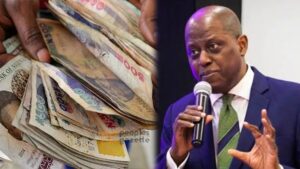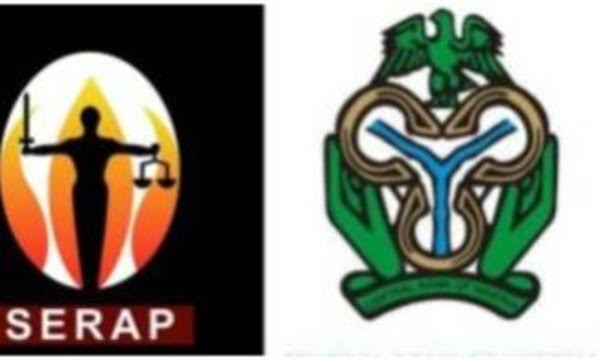The Socio-Economic Rights and Accountability Project (SERAP) has demanded that the Central Bank of Nigeria (CBN) provide a detailed account of more than N100 billion worth of damaged and dirty currency notes, as well as other significant amounts of money awaiting review, which are held at various branches of the bank.

On Sunday, Kolawole Oluwadare, the Deputy Director of SERAP, criticized the CBN for not disclosing the locations of these funds. SERAP has taken the matter to the Federal High Court in Lagos, seeking an order to force the CBN to explain the whereabouts of these over N100 billion dirty and bad notes that have been stored at various CBN branches since 2017.
In addition to this, SERAP is also asking the court to compel the CBN to account for N7.2 billion allocated for building the CBN branch in Dutse in 2010, N4.8 billion for renovating the CBN branch in Abeokuta in 2009, and to reveal the names of contractors who received these funds.
Furthermore, SERAP wants the CBN to explain the whereabouts of a missing loan of N1.2 billion given to the Enugu State government in 2015 and another loan of N1.9 billion granted to the Anambra State government between 2015 and 2016.
SERAP argues that making these funds’ whereabouts known, publishing the names of those suspected of mishandling the money, and ensuring that they face justice and that any missing public funds are recovered, would benefit the public interest and stop such impunity.
The suit, filed by SERAP’s lawyers, Kolawole Oluwadare and Mrs. Adelanke Aremo, states that Nigerians have the right to know where public funds are being kept. It also emphasizes that granting their requested actions would help ensure that Nigerians are compensated and that such issues do not happen again.
According to Paragraph 708 of the Financial Regulations 2009, no payments should be made for services not yet performed or goods not yet supplied. Similarly, Section 35(2) of the Public Procurement Act 2007 stipulates that once a mobilization fee is paid to a supplier or contractor, no further payments should be made without an interim performance certificate.
The date for the hearing of this suit has not yet been scheduled.




